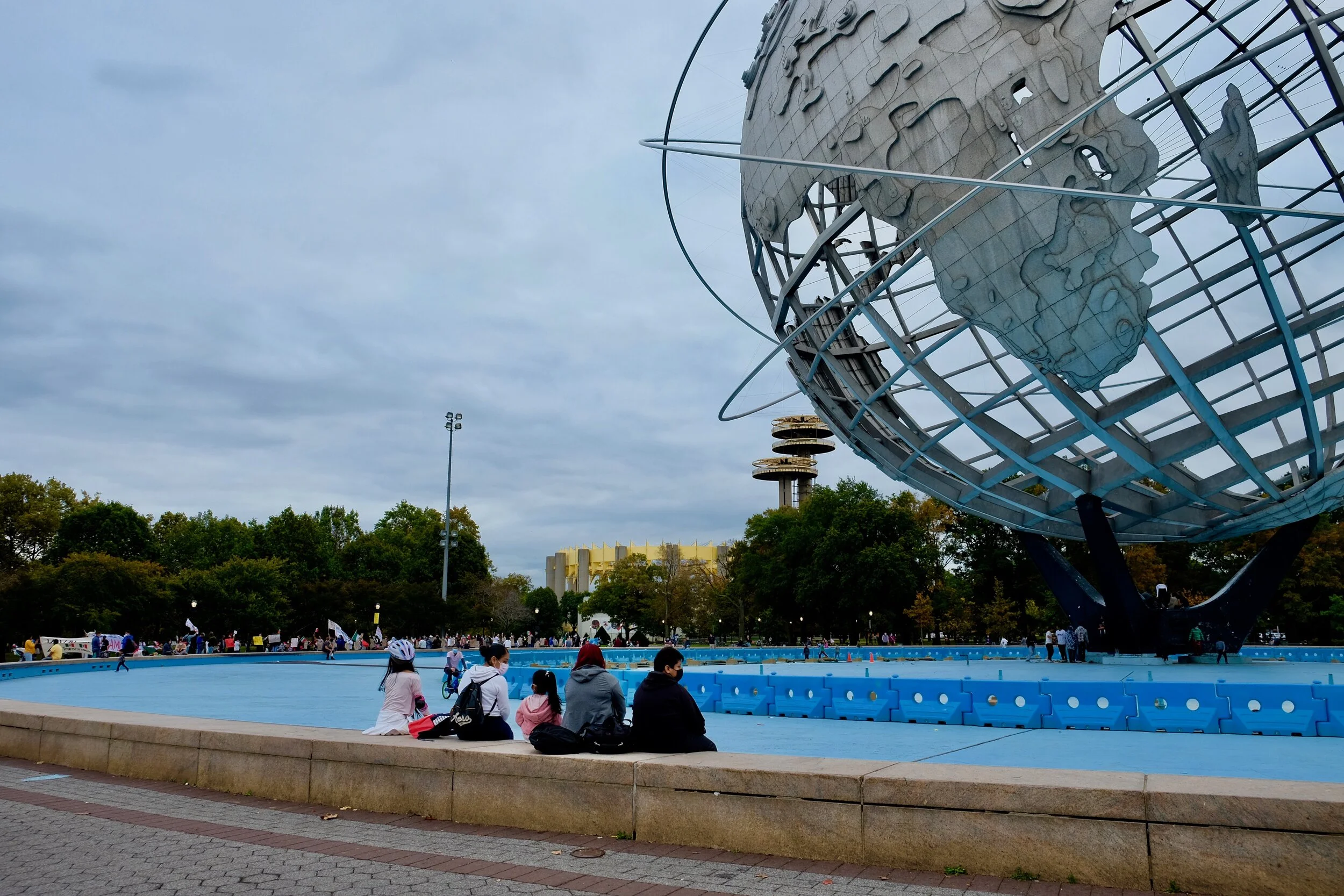While all are at risk, certain communities are and will be disproportionately affected by environmental injustice and related health issues. With a population of approximately 2.23 million people, the borough of Queens is the second-largest in New York City. It is also the most diverse, with 47% percent of residents born outside the U.S. One particular issue affecting its residents - that of air pollution - is both representative of similar issues facing people across the country and the world, and also highlights the intersectional lens that one needs to use when addressing climate change.
Five Things you can do for the Environment While Self-Isolating
Climate 2020 Conference's Podcast, Climate Chats with Impact Human
The View from Cape Town: Water Insecurity in the Anthropocene*
Impact Wins: Climate Action from the Soil Up
If soil is unhealthy, the crops they produce will be unhealthy. For decades, intensive farming practices have reduced soil health and nutrition here in the United States. Monoculture, or where farms produce a single crop, is the standard practice here in the states and for other industrialized societies, but it severely damages soil health and depletes soil nutrients.






